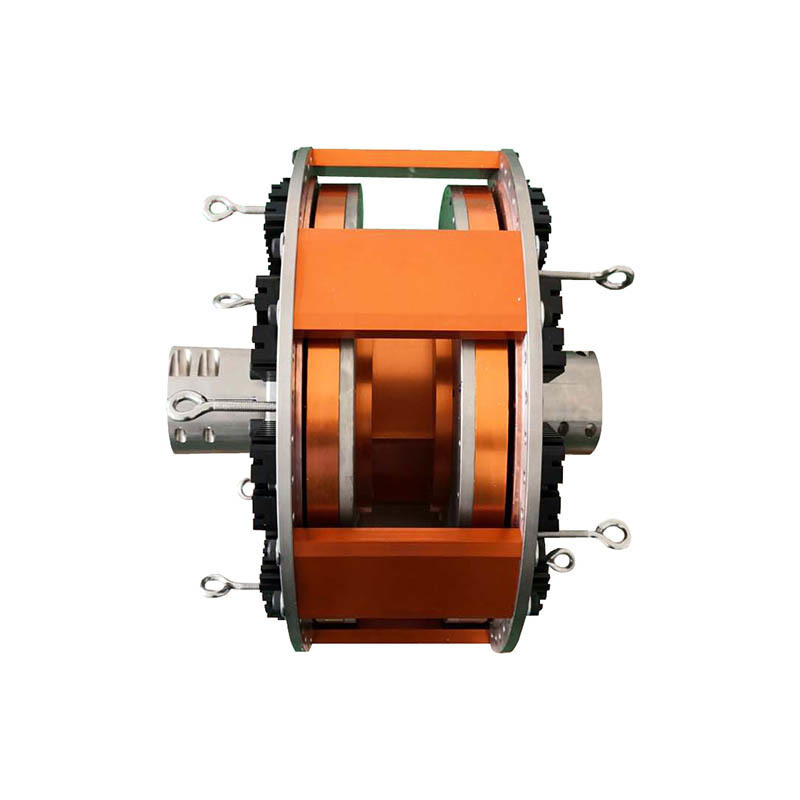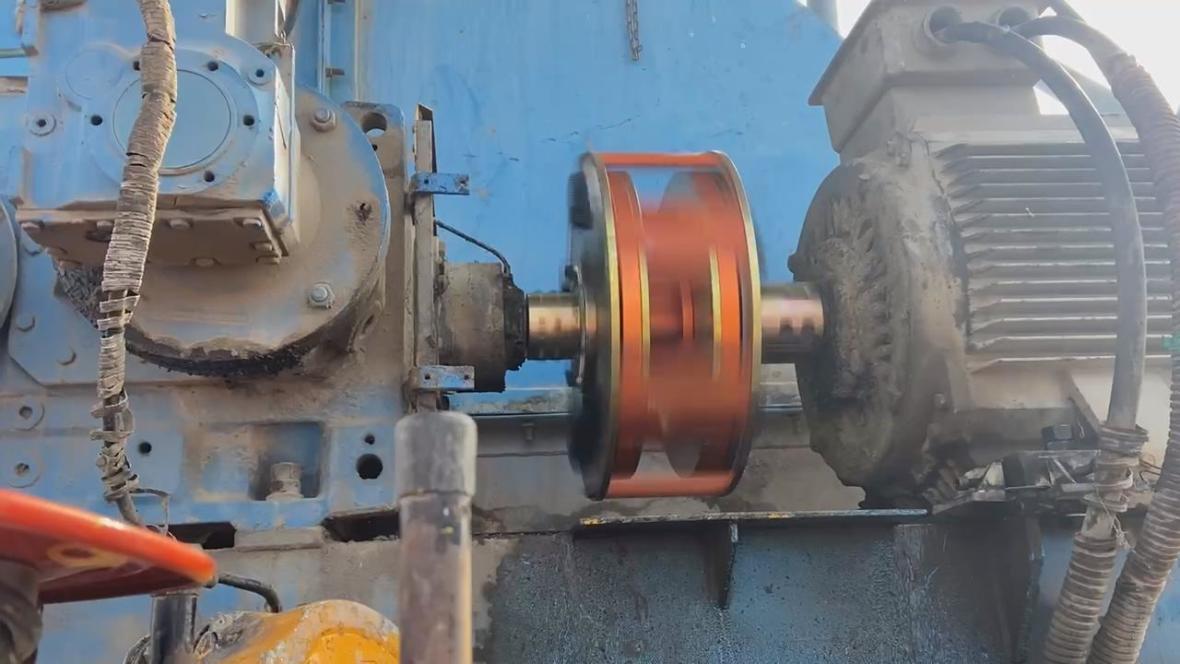
NEWS
Understanding the difference between a magnetic filter manufacturer's permanent magnetic coupler and a hydraulic coupler
In the industrial field, magnetic filters are widely used in the filtration and cleaning of liquids and gases. As the core components of magnetic filters, permanent magnetic couplers and hydraulic couplers have certain differences in practical applications. In this paper, we will make a detailed comparison of these two couplers from the aspects of working principle, performance characteristics and scope of application.
First of all, let's understand the permanent magnetic coupler. The permanent magnetic coupler is a device that uses magnetic force to transfer power, and it realizes mechanical transmission by transferring power from one shaft to another through a magnetic field. Compared with the traditional mechanical transmission method, the permanent magnetic coupler has the advantages of simple structure, no friction, no transmission gap and so on. It is suitable for working environments that require high precision and no noise, such as precision instruments and medical equipment. Since the permanent magnetic coupler does not need to contact the transmission parts, it has a longer service life and lower maintenance costs.
The hydraulic coupler is another common transmission device. The fluid coupler utilizes the viscosity and inertia of the liquid to transmit power, and it transmits power from one shaft to another by means of hydraulic transmission. Fluid coupler has the characteristics of smooth starting, smooth transmission, strong bearing capacity, etc. It is widely used in various industrial machinery and automobile fields. It is worth mentioning that the fluid coupler can realize variable-speed transmission and automatic gearshift, so it has unique advantages in the starting and shifting of vehicles.
In terms of working principle, permanent magnet coupler transmits power through magnetic field, while hydrodynamic coupler transmits power through hydraulic pressure. The main difference between these two types of couplers is the transmission method. The permanent magnet coupler is suitable for occasions that require high precision and frictionless transmission, while the hydraulic coupler is suitable for occasions that require smooth starting and variable speed shifting.
In addition, there are some differences in the scope of application between permanent magnetic couplers and hydraulic couplers. Due to the permanent magnetic coupler has no contact transmission and simple structure, so it is suitable for some of the transmission precision and noise requirements of high occasions. While the hydraulic coupler is suitable for occasions with high load carrying capacity and variable speed shift, such as engineering machinery and automobile and other fields.
In summary, the magnetic filter manufacturers produce permanent magnetic coupler and hydraulic coupler in the working principle, performance characteristics and scope of application, there are some differences. Understanding these differences can help us choose the right coupler in the actual application and improve the working efficiency and transmission precision.
Other news







